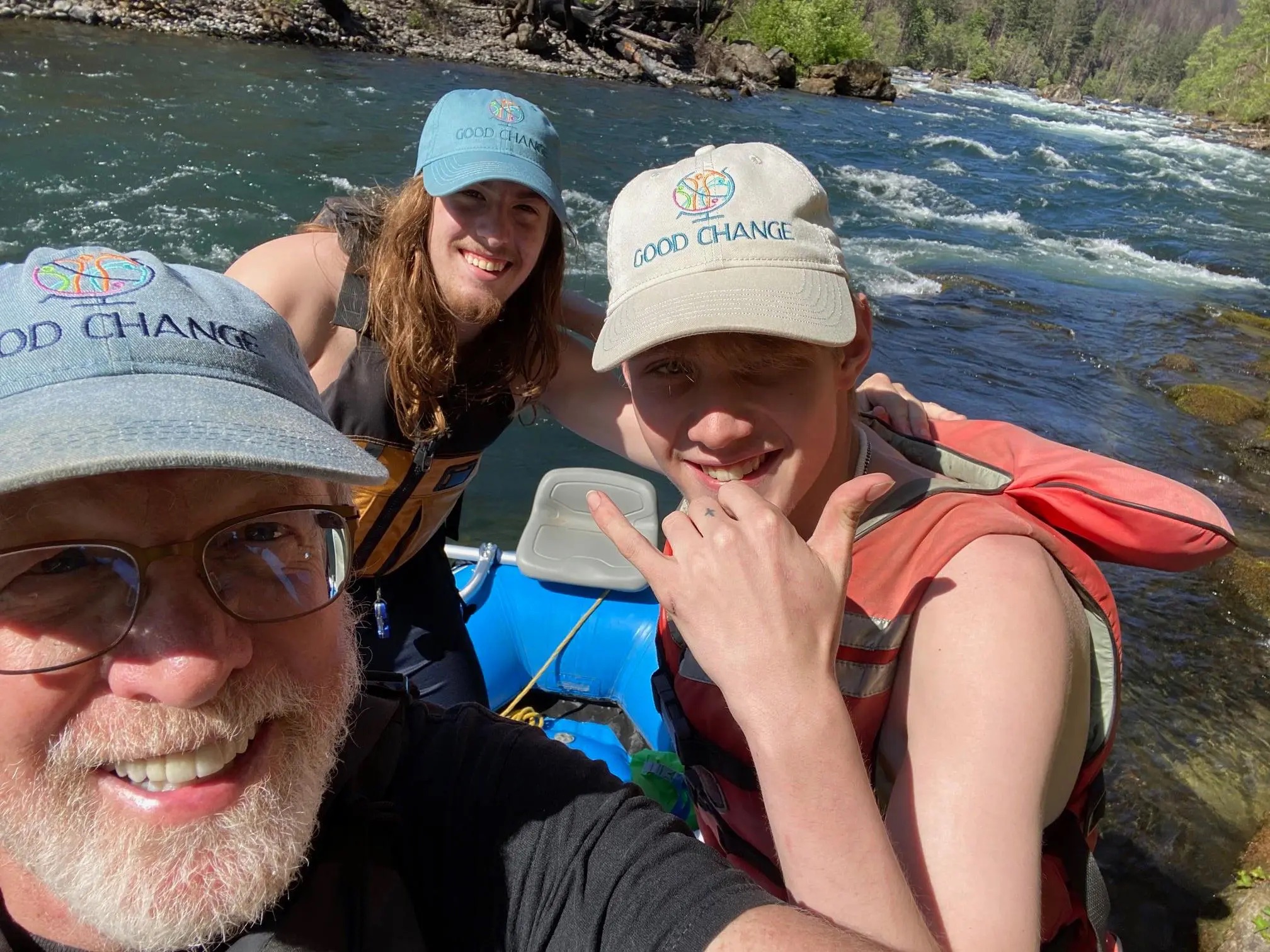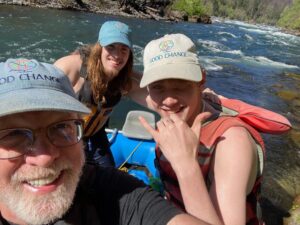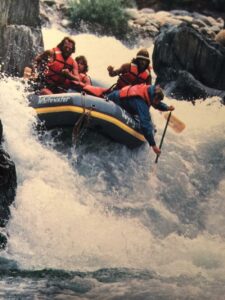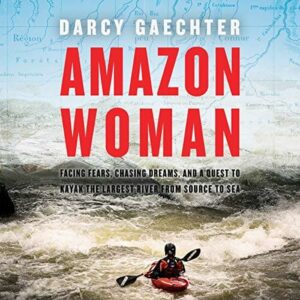Good Change Catch-Up and a Free Hat for You! | GC16
This short and sweet episode shares how you can get a free “Good Change” hat; that change is a skill that is not hard to acquire nor hard to put into action; presents a story of local goodness; gives a glimpse of a future episode; and why listening to the good change podcast is good […]
View Episode

Good Change Catch-Up and a Free Hat for You! | GC16
This short and sweet episode shares how you can get a free “Good Change” hat; that change is a skill that is not hard to acquire nor hard to put into action; presents a story of local goodness; gives a

We the People: Rights vs. Responsibilities | GC15
If anyone is qualified to speak as an advocate for the elimination of gun violence and the reduction of weapons of wars on our community streets, it is Dr. Kyleanne Hunter, PhD. As a hunter, former Marine, and now Air

Pondering Leadership, Writing, and the Beauty of Life’s Voyage | GC14
In 1975, William “Bill” McGinnis wrote the New York Times Bestseller, “Whitewater Rafting,” which has become the bible of boating wild rivers. After that, Bill created Whitewater Voyages, one of the most successful rafting companies on earth. It was founded

Medicine Should Not Be Marketed | GC13
Melissa Deally is a highly regard integrative health practitioner who has deeply explored the positive and harmful elements of western modern medicine. Her research and practice have allowed her to find information and formulate approaches to better individual and, by

Catastrophe and Compassion in India | GC12
Immediately after becoming aware of an immediate-need effort to help with the Covid crisis in India, we put this episode together. Sudara, a social enterprise clothing company focused on ending sex trafficking and the impoverishment of women in India, has

Amazon Woman: Wild Tales and Words of Wisdom | GC11
More people have walked on the moon than run the Amazon—the world’s largest river—from the source to the sea. And Darcy Gaechter is the only woman to have done so in a kayak. The journey required Darcy and her two

Get Your Free “Good Change” Ball Cap
There is far more good in the world than you and I are led to believe. Like getting free merch! This podcast’s fun hat will inspire you and those around you.

